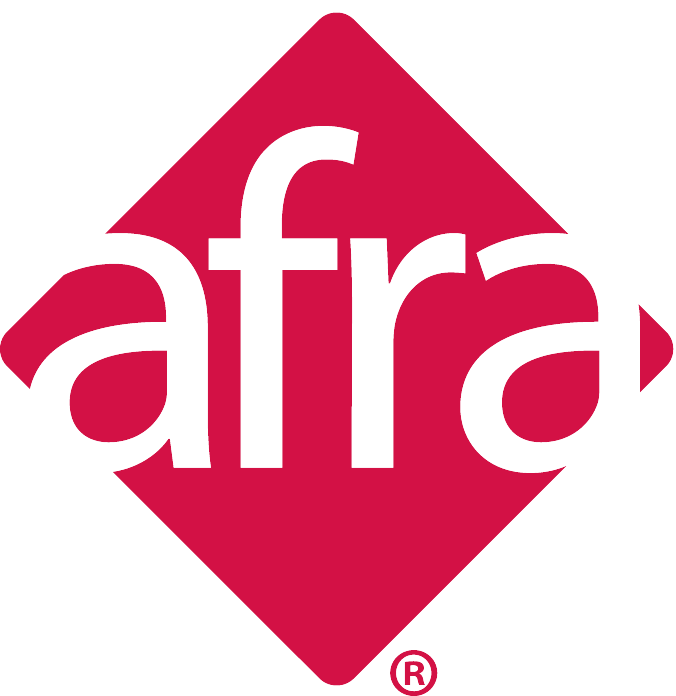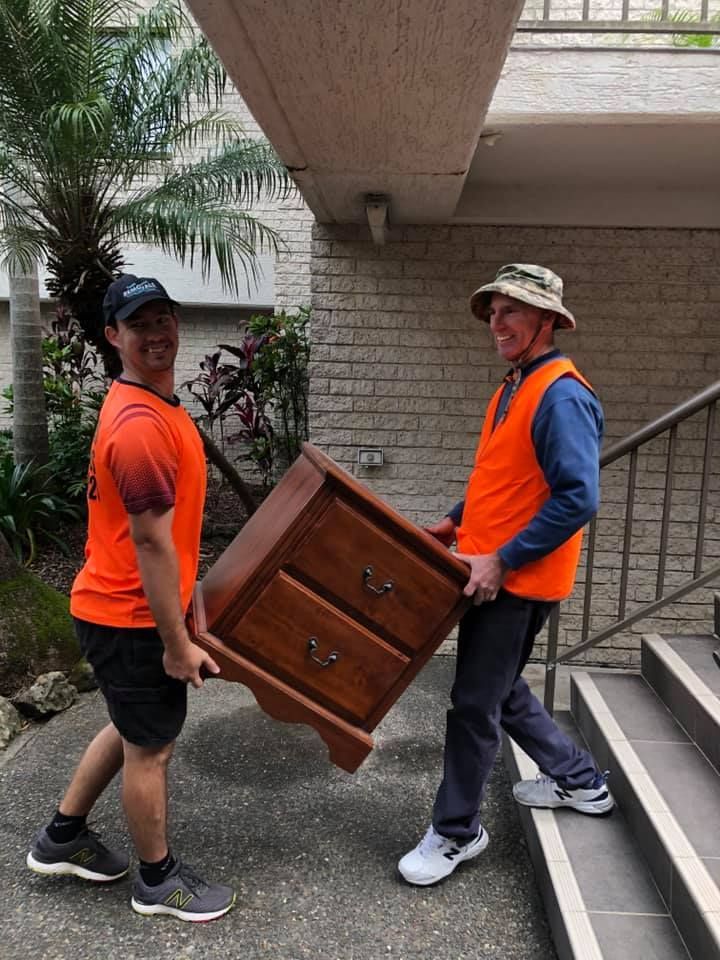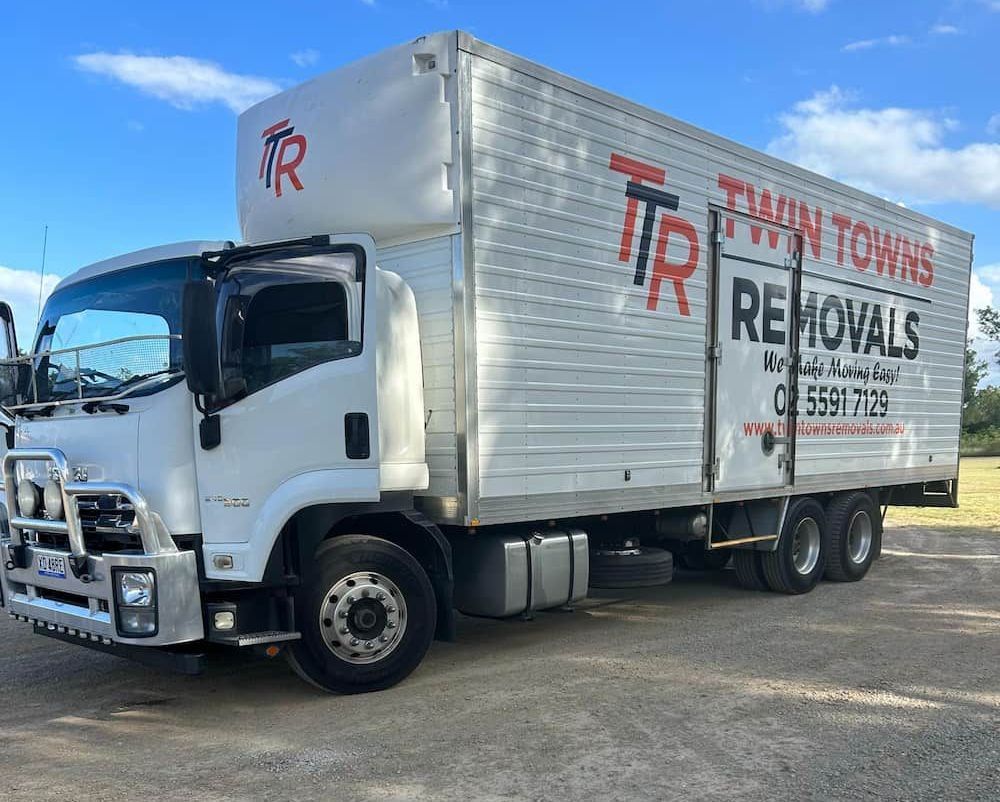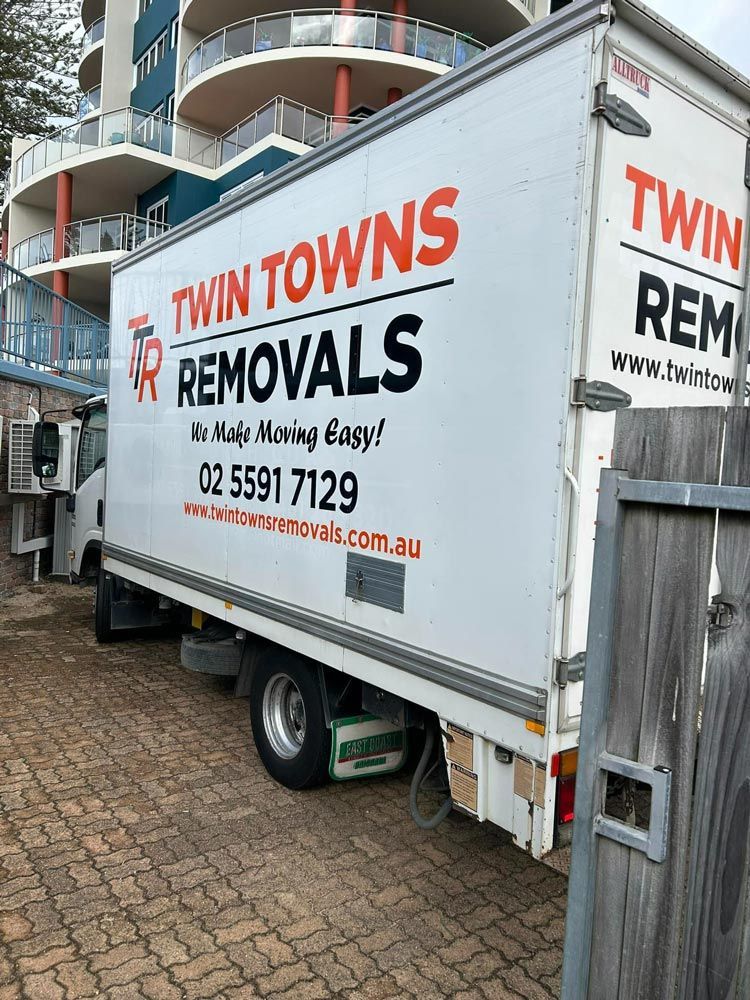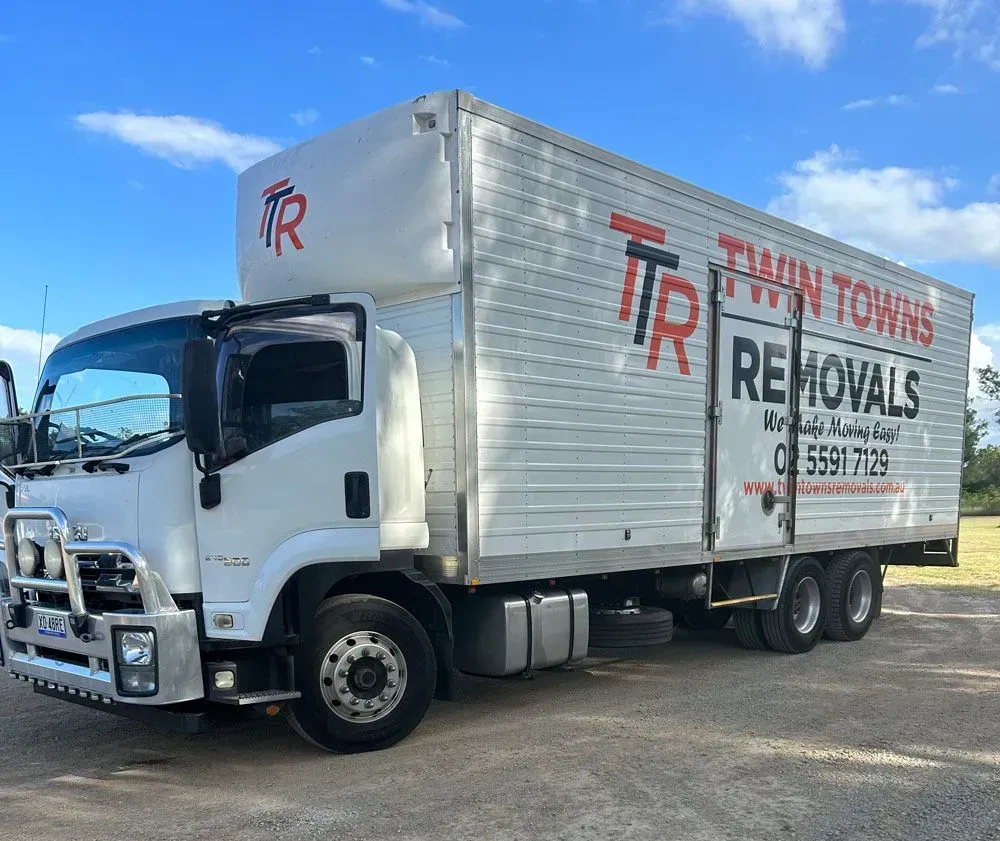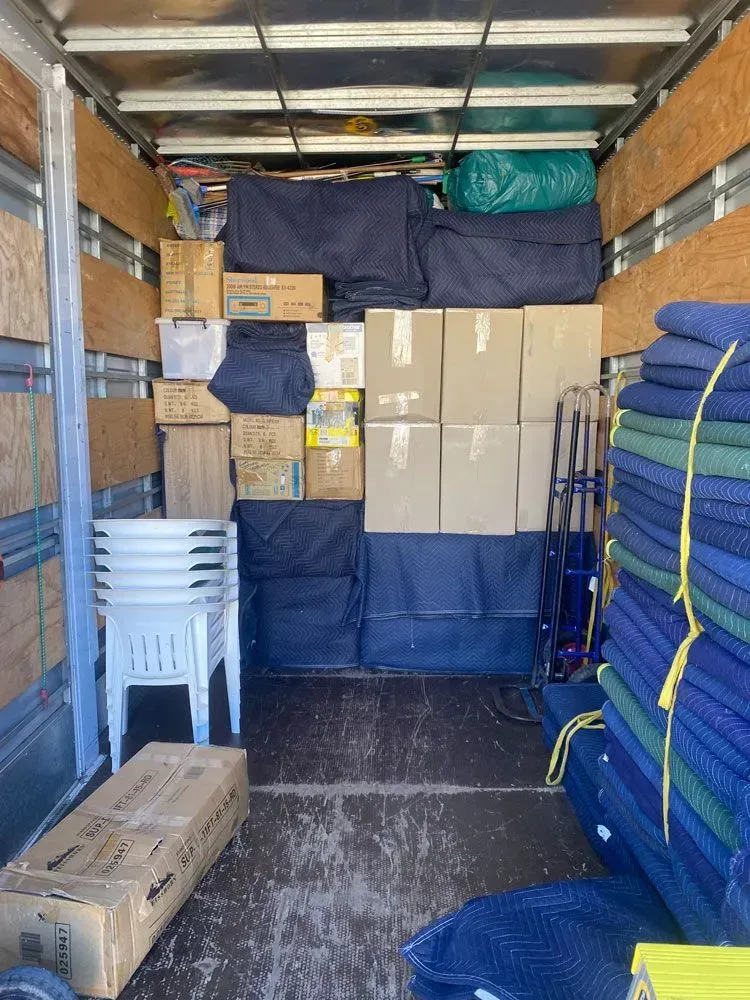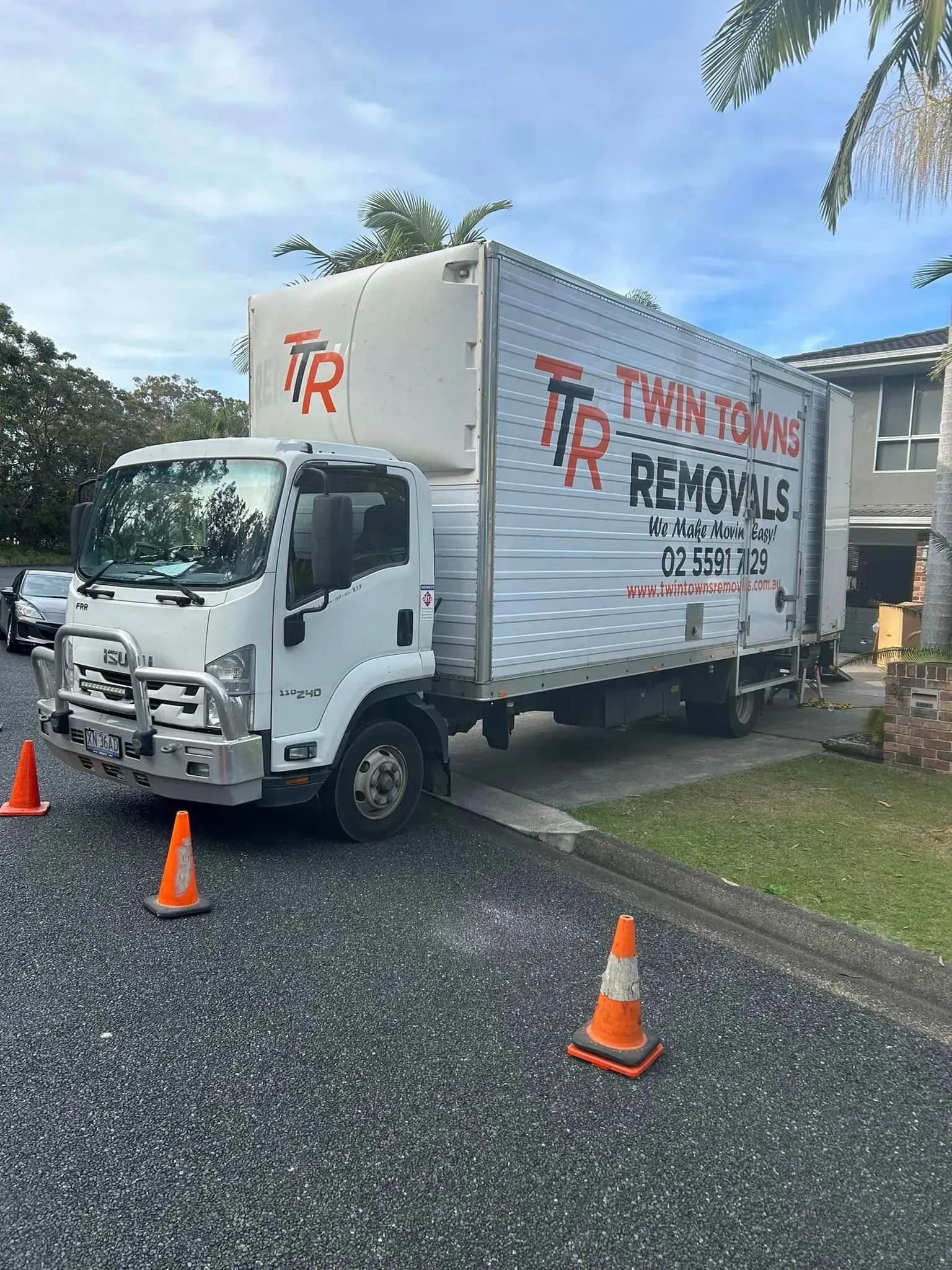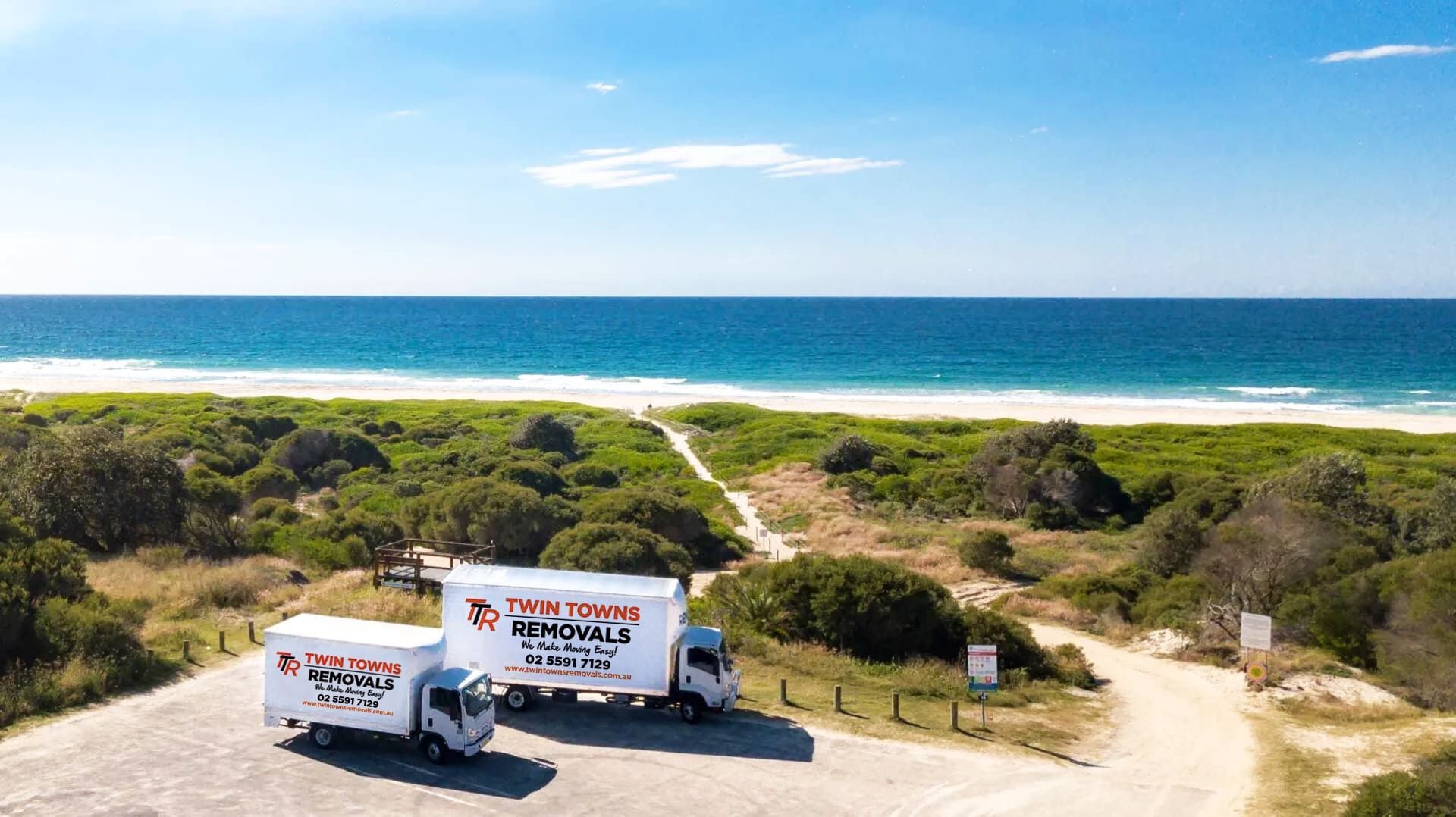The Importance of Insurance in Moving: What Coverage Should You Have?
Moving can be one of the most exciting yet stressful transitions, whether you're relocating your home or shifting your business operations. While packing boxes and coordinating logistics are at the forefront of many minds, many overlook one critical component—insurance. When engaging moving services in Forster, you must protect your belongings from unexpected damage, loss or delays during the move.
No matter how professional or experienced your removalist is, accidents happen. From heavy rainfall and bumpy regional roads to fragile items slipping during a rush unload, the reality is that not everything always goes to plan. The good news? With the right insurance coverage in place, you won’t be left footing the bill if something goes wrong.
In this blog, we’ll explore the types of insurance you should look for when hiring a removalist, how they work, and why reviewing your coverage options is vital before moving day.
Why Every Move Needs a Safety Net: Understanding Moving Insurance Basics
While removalists take every precaution to safely move your belongings, many external factors are out of their control. Insurance is your backup plan, designed to give you financial protection and peace of mind.
A few key risks covered by moving insurance include:
- Accidental damage to furniture, appliances, or electronics during transit
- Loss or theft of items while in transport or storage
- Water- or weather-related damage
- Delays resulting in extra accommodation or storage costs
Without the right insurance, replacing or repairing damaged items comes out of your pocket—something few homeowners or businesses are prepared for during a move.
The Difference Between Public Liability & Transit Insurance
Understanding the distinction between core insurance types helps you identify where potential gaps might exist.
Public liability insurance protects against damage caused to property or injury to third parties during the move. For example:
- Scratches or dents on flooring or walls
- Damage to a neighbour’s property during loading
- A visitor tripping over packing materials left unattended
Goods in Transit Insurance, on the other hand, is specific to your items being moved:
- Covers breakages & damages during transport
- Applies to theft while items are in the moving truck
- May cover losses due to vehicle accidents or overturning
When hiring removals in Forster, confirm that both types of coverage are included.
What If It Breaks? Coverage for Damaged Furniture & Appliances
Even with the most careful movers, bulky items like lounges, fridges, and entertainment units are at higher risk of accidental damage. This is where having transit insurance becomes critical.
Common damage scenarios include:
- Dropping a washing machine while carrying it upstairs
- Scratched timber furniture from improper strapping in transit
- Cracked TV screens due to shifting during sudden stops
Insurance will typically cover:
- Repair costs for partially damaged items
- Replacement value for items deemed irreparable
- Coverage for items damaged during both loading & unloading
Don’t assume your home contents insurance will protect you here—it often doesn’t apply when items are being transported.
Do Removalists Include Insurance in Their Services? Here’s What to Ask
Insurance coverage varies widely between removal companies. Some include it as part of their service, while others offer it as an add-on. Before signing any contract, ask your removalist:
- Do you carry both public liability and goods-in-transit insurance?
- What’s the maximum coverage amount per item and per move?
- Is insurance automatically included in the quoted cost?
- Can I get a copy of your certificate of currency for insurance?
A reputable mover will be transparent and happy to provide these details.
Valuables, Heirlooms & Antiques: When Additional Insurance is Essential
Standard insurance coverage may not be sufficient for items of exceptional monetary or sentimental value. If you're moving fragile or irreplaceable belongings, taking additional steps is wise.
Items that may require extra protection:
- Antique furniture or artwork
- Heirlooms, jewellery, or collectibles
- High-end electronics or bespoke furniture
What you can do:
- Declare high-value items before the move.
- Check if these items are covered by standard insurance.
- Explore options for specific item insurance or a temporary rider under your home contents policy.
This is especially important for long-distance moves or when items will be placed in storage.
How Business Relocations Benefit from Comprehensive Cover
Relocating offices or warehouses comes with a set of high-value risks for businesses. Insurance not only protects physical assets but also minimises disruption to operations.
Cover is often needed for:
- IT infrastructure (servers, monitors, hard drives)
- Machinery or technical equipment
- Filing cabinets, archives, and confidential documents
Insurance ensures:
- Replacement or repair of business assets if damaged
- Minimal impact on service delivery or operations
- Confidence to relocate without business downtime risks
Make sure your removalist’s policy covers commercial relocations, and confirm whether it's appropriate for the scale of your move.
Claiming Insurance After a Move: What You Need to Know
A straightforward claims process can make all the difference if something goes wrong. It’s essential to act quickly and document everything.
Here’s what to do if you need to make a claim:
- Inspect all items as soon as possible after the move.
- Photograph any damage before moving or using the item.
- Report the issue to your removalist or insurer within the stated timeframe.
- Keep receipts or proof of purchase/value.
Most insurers will require detailed documentation to process your claim, so staying organised can make the process much smoother.
Why Choosing an Insured Removalist Gives You Peace of Mind
Ultimately, having insurance during a move isn’t just about covering financial loss—it’s about giving yourself the space to focus on the transition without unnecessary stress. Choosing a removalist who is fully insured means:
- You’re covered for common mishaps.
- The mover is operating with professional standards.
- You avoid costly surprises after the move is complete.
Insurance reflects the professionalism of the removalist and their commitment to delivering a secure, responsible service.
Protect Your Belongings with Our Reliable Moving Services
At Twin Towns Removals Mid North Coast, we understand how important your belongings are. That’s why our moving services in Forster include comprehensive insurance options for every move—residential or commercial. Whether you’re relocating your home or business, our team handles your items with the care they deserve while ensuring they’re protected every step of the way.
Get in touch with our removalists in Forster to learn more about our services. We're here to make your next move safe, smooth, and stress-free.

